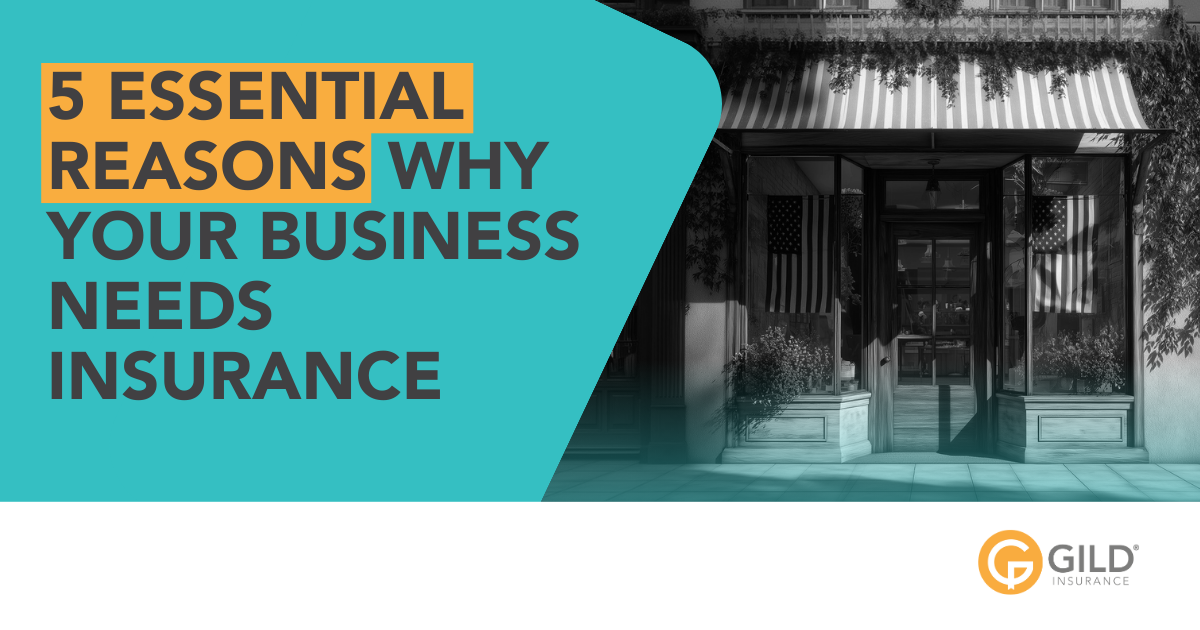At Gild Insurance, we’re always looking for ways to help small business owners protect what they’ve built and power what’s next. That’s why we’re excited to announce: Gild Insurance partners with Corpay, a global leader in spend management, to bring Gilders early access to the Corpay World Elite Mastercard®.
This premium business card is more than just a payment method. It’s a growth engine built specifically for small business owners offering cashback rewards, global purchasing power, and mobile-first spend management that keeps your finances as agile as your operations.
What Happens When Gild Insurance Partners with Corpay? A Smarter Business Card Is Born
Now available through Gild, the Corpay World Elite Mastercard® is designed to help small businesses scale smarter. With no annual fees and 1.5% cashback on every purchase, the card delivers value with every swipe. It also includes:
- 1.5% cashback on all purchases
- No annual fees for primary or authorized users
- Real-time spend tracking
- Customizable controls and alerts
- Access to 1,500+ airport lounges through Priority Pass™
- Global acceptance at 100M+ merchants
- Fraud protection and paperless expense management
From managing job site expenses to booking last-minute travel, this card simplifies your operations and delivers rewards with every transaction.
Why Gilders Love It
This partnership brings more than just convenience; it’s about access. Many small business owners struggle to find credit options that actually meet their needs. With Corpay, Gilders can streamline how they spend, manage cash flow more effectively, and track every expense from a single, mobile-friendly platform.
By integrating the Corpay World Elite Mastercard® into our ecosystem of insurance, payroll, legal, and financial tools, Gild Insurance continues to deliver on its promise: helping business owners build stronger, more resilient operations, without added complexity.
About the Partnership
Gild Insurance partners with Corpay as part of our broader commitment to simplifying business ownership through smarter tools and trusted partners. From affordable insurance to business banking, legal support, and now spend management Gild Insurance helps you move forward with confidence.
Be the First with Access
We’re proud to bring this opportunity to Gilders before it becomes widely available. To learn more or get started, simply fill out this form and a dedicated Corpay specialist will follow up with the next steps.
👉 Be the First with Access to the Corpay World Elite Mastercard® now → https://yourgild.com/small-business-credit-card
Disclosure: Gild only features partners we value. Occasionally, if you directly purchase a product from a featured partner, Gild Insurance Agency may earn a referral fee.




